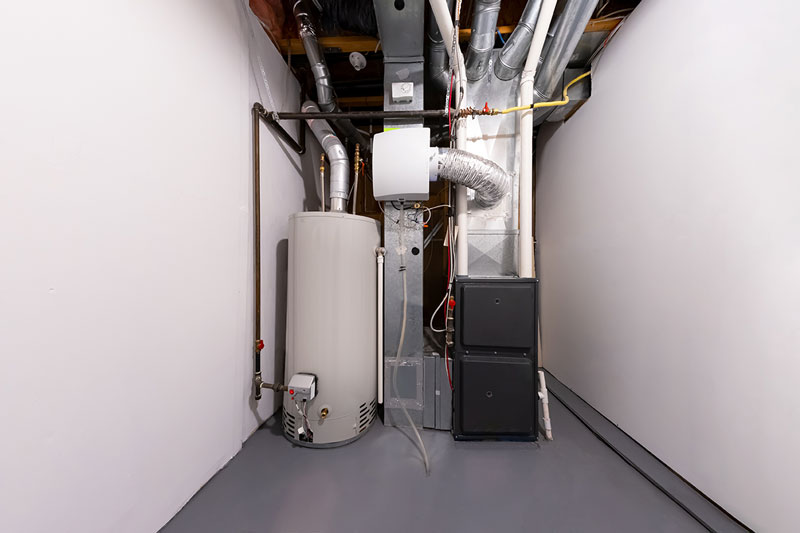How to Find Out Which Heating System Your Home Has
Find Out Which Type of Heating System You Have
As a homeowner, there are various attributes that you need to know about your home. An important one is the type of heating system that you have. Different types of heating systems require different fuels and running costs. Successfully identifying the type of heating system you have in your home is extremely important to ensure you can properly set your budget and have adequate fuel available.
Furnaces
Furnaces are by far the most common heating system installed in homes. They're comprised of an indoor unit that sends heated air to all the rooms of your home via ductwork. You'll commonly hear furnaces referred to as forced-air systems. This type of residential heating system can run on many different types of fuel. These include heating oil, propane, natural gas, and even electricity.
Electric Baseboards
Baseboard heaters can be easily identified by their metal enclosure. Most baseboards will sit against the bottom of the wall in your rooms. Some modern baseboards will have a metal enclosure in the wall with grating around them. Baseboard heaters commonly run solely on electricity.
Heat Pumps
Heat pumps are becoming a more common type of heating system to install. Unlike other types of heating systems where combustion is involved, heat pumps don't create heat. They simply move heat from the outdoors to the indoors. Heat pumps work both as a heating system in the wintertime and a cooling system in the summertime.
Think of heat pumps as heat transfer systems. They're easily identified by their dual indoor and outdoor cabinets. It's crucial to note that there are two types of heat pumps. These are ground-source and air-source. Ground-source heat pumps transport heat from underground to the inside of your home. Air-source heat pumps transfer heat from the air outdoors into your home.
Boilers
Boilers are somewhat similar to furnaces. They utilize various fuel types, including propane, natural gas, electricity, and heating oil. However, unlike furnaces, boilers don't create heat distributed via ductwork.
Instead, boilers heat water and use that water to warm your home. In some cases, the hot water or steam is piped throughout your home via radiators or radiant floor heating systems. You can typically identify a boiler by finding radiators throughout your home and pressure gauges on the boiler itself.
Call Us Today
If you need assistance identifying the type of heating system you have in your home or would like to upgrade, then it's time to contact us. Let our experienced and helpful HVAC professionals at Romano Bros. assist you with your heating needs.
Resources:
https://www.aireserv.com/expert-tips/heating/what-type-of-heating-system-do-i-have-/






